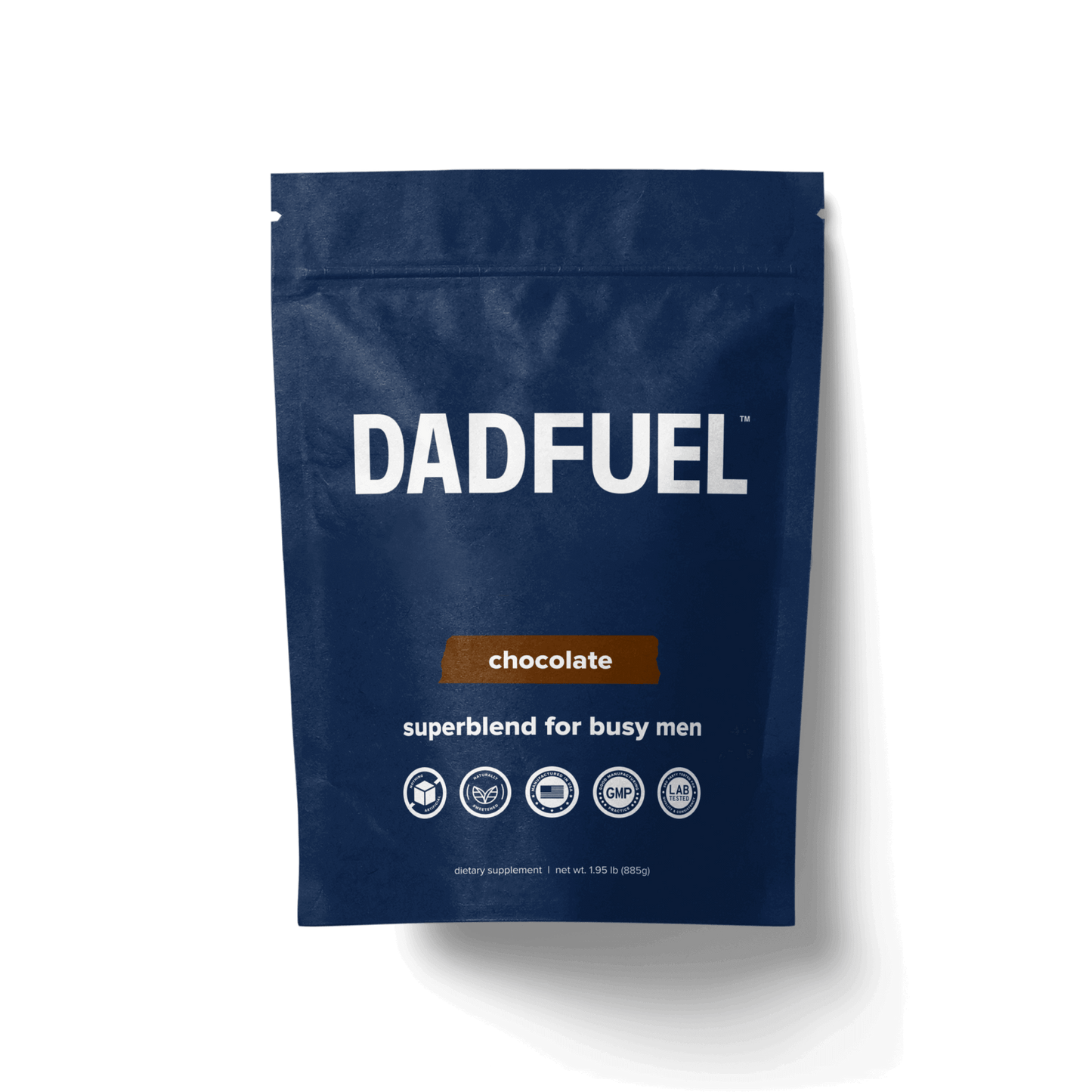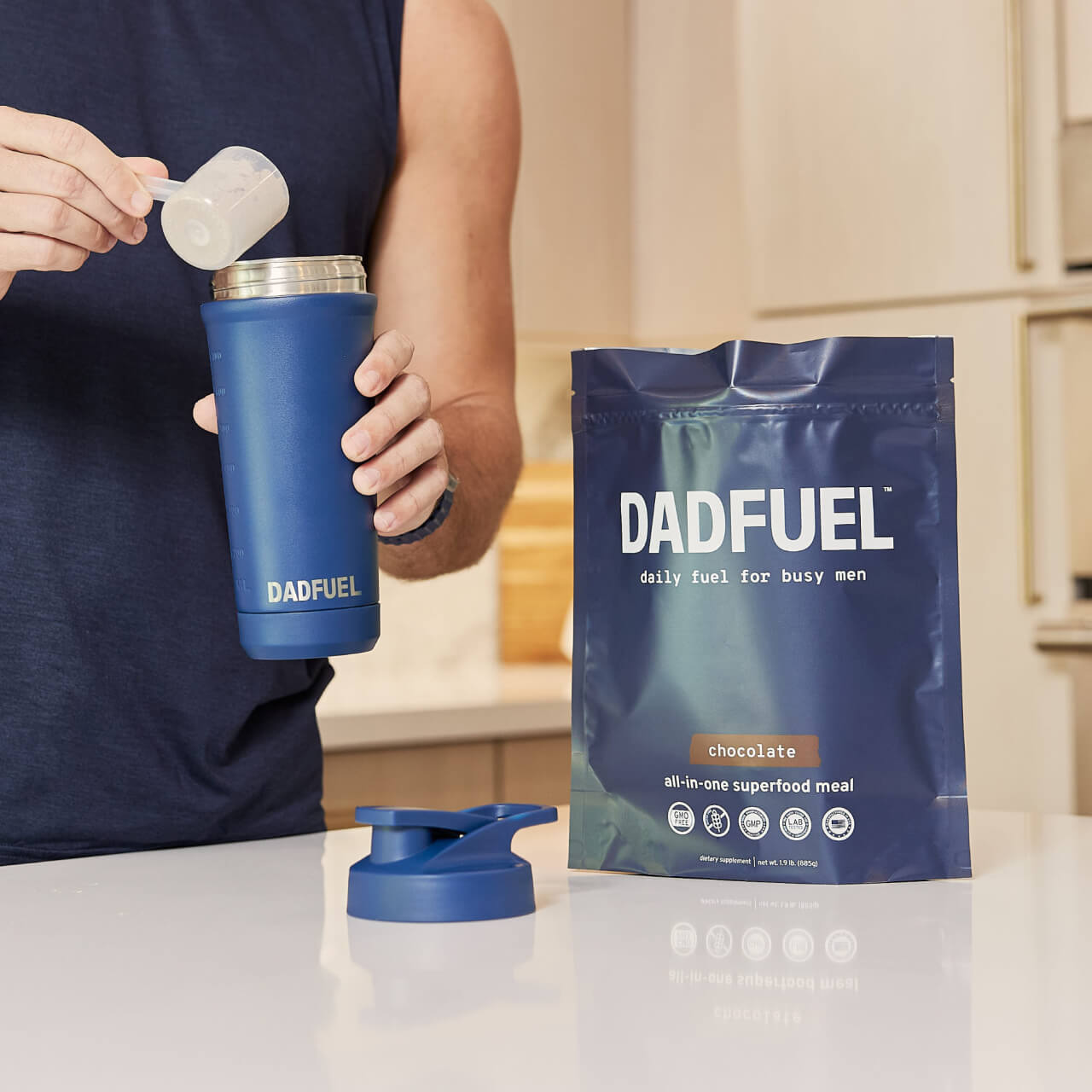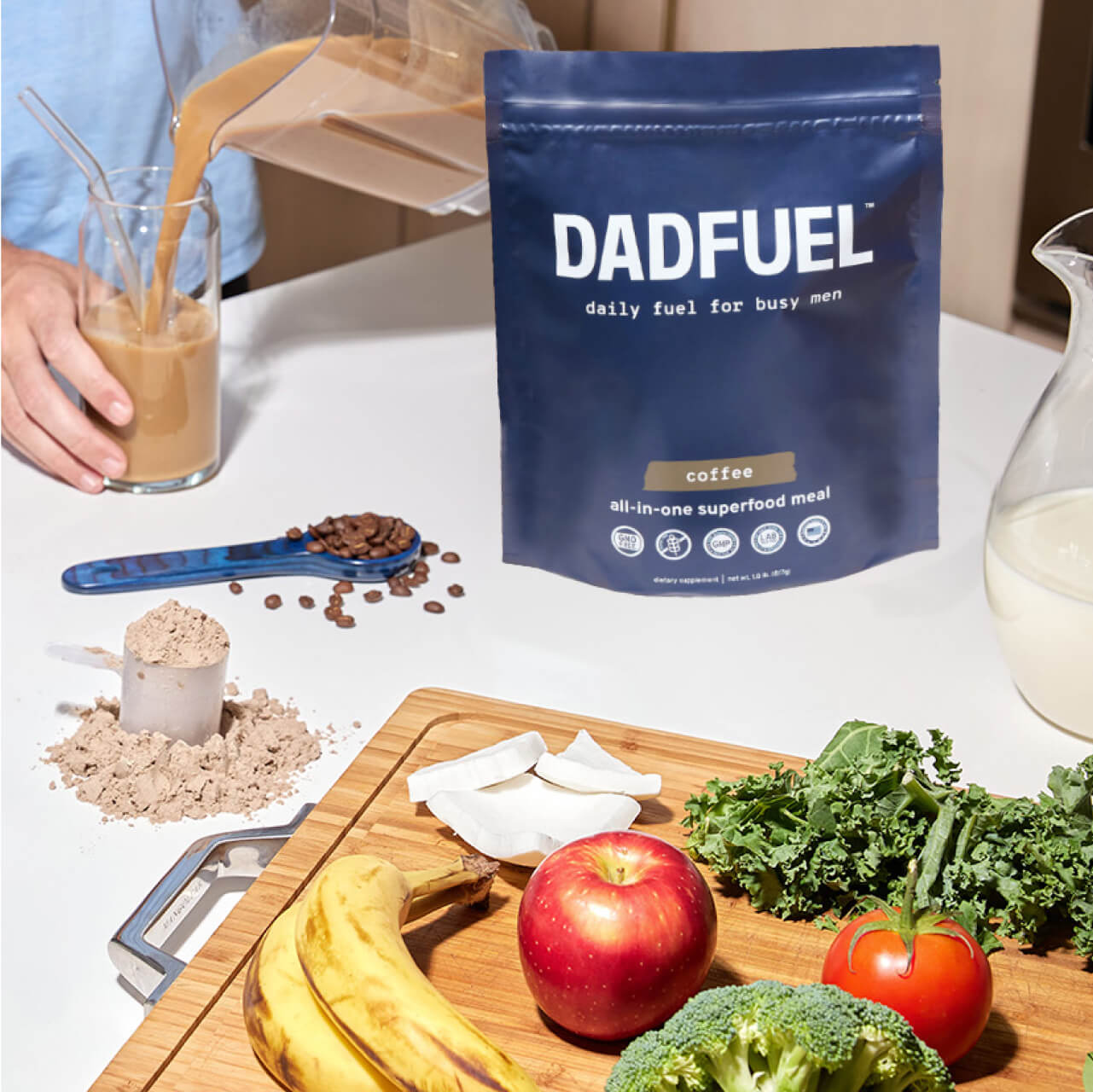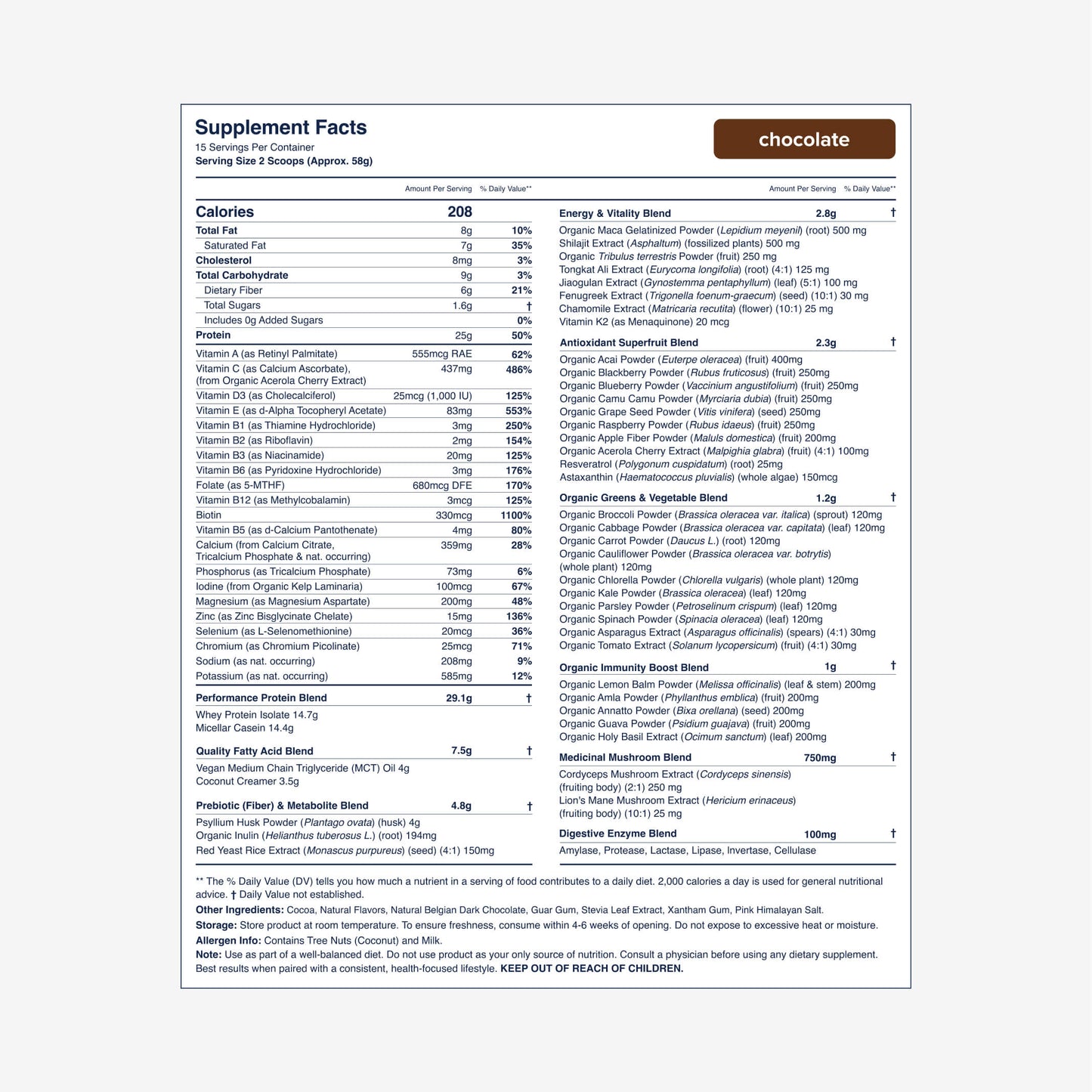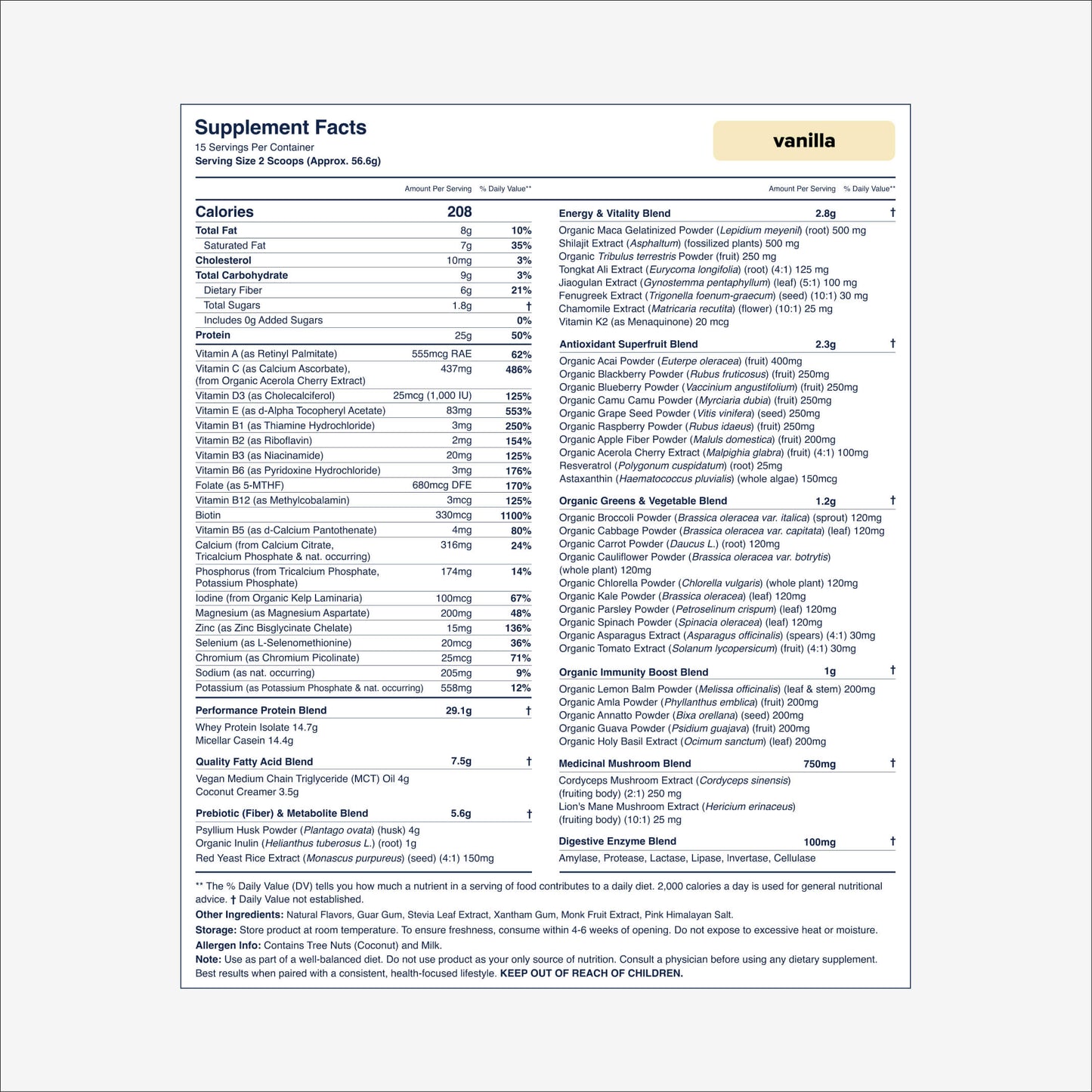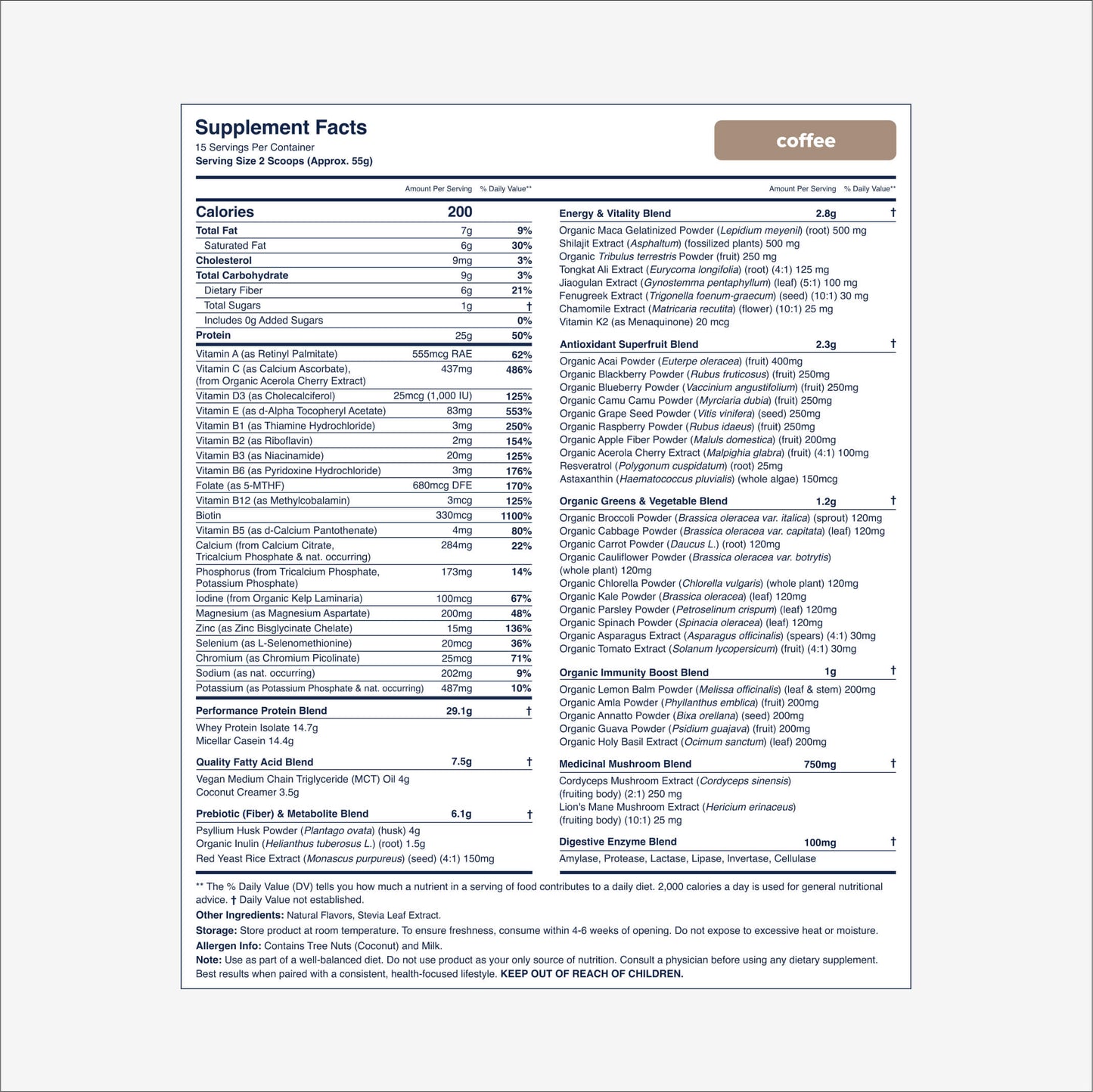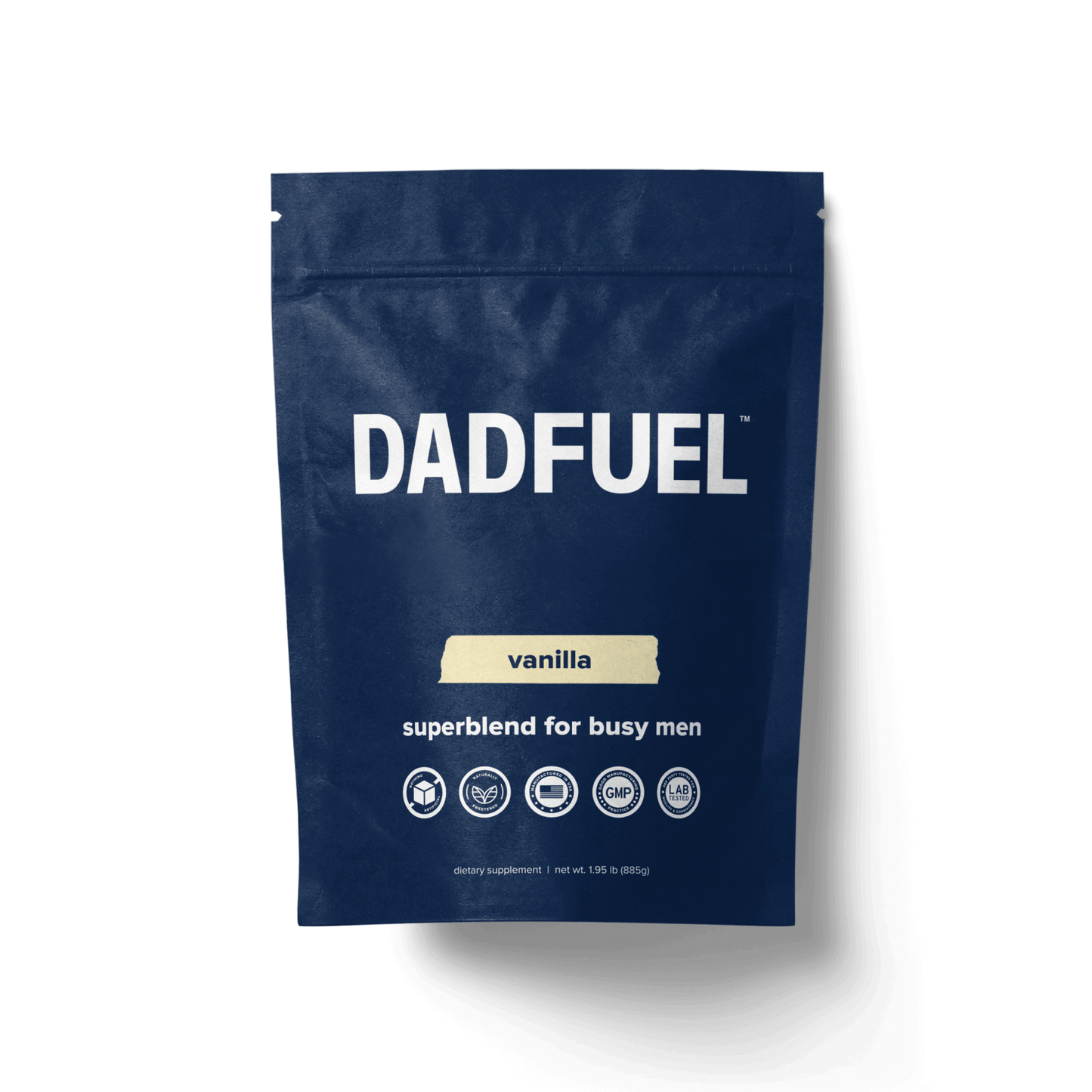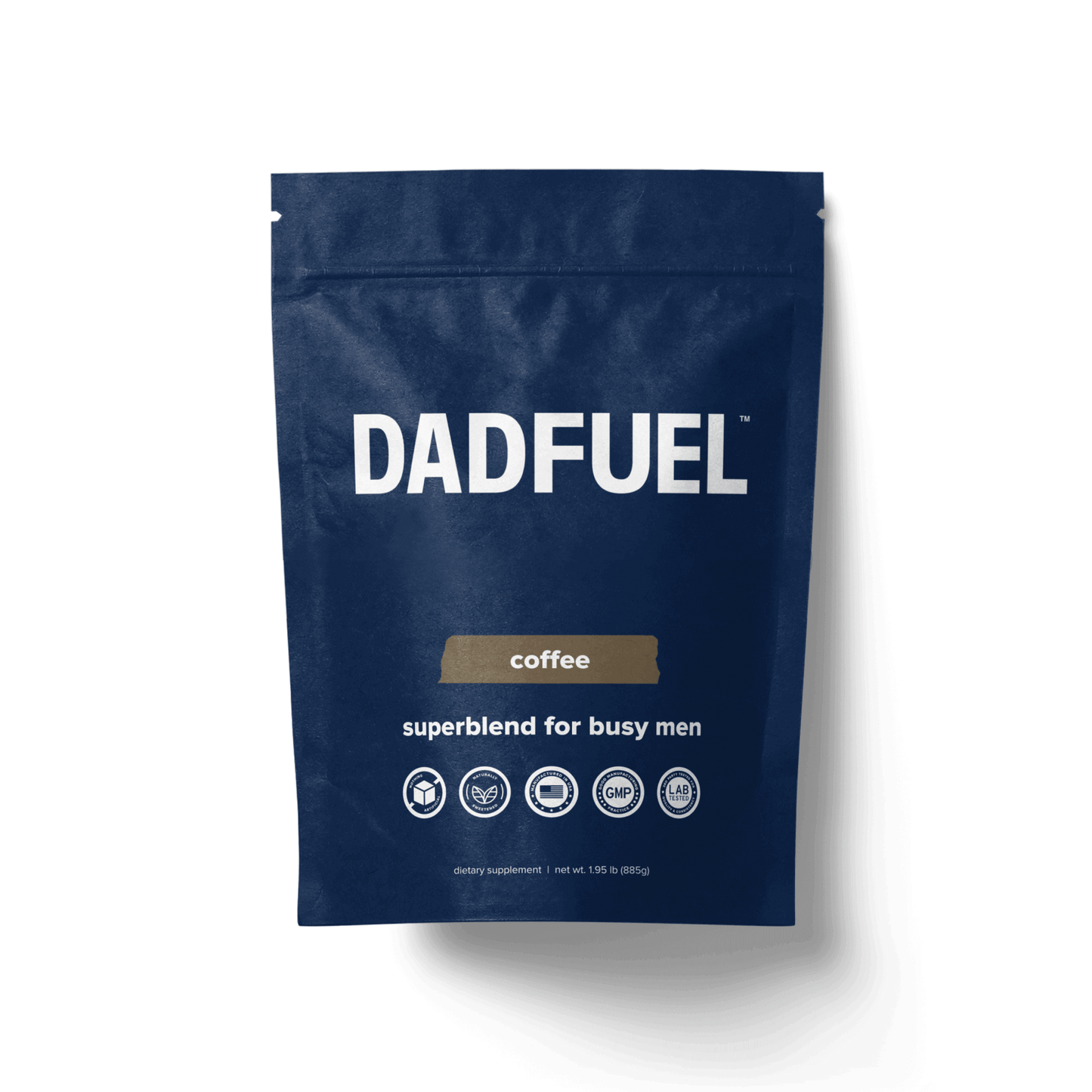Post-Workout Timing For Maximum Effectiveness
Consuming recovery supplements immediately after your workout is crucial for maximum muscle recovery. This timeframe, often called the "anabolic window," is when your muscles are most receptive to nutrients. Consuming protein within 30 minutes, post-exercise helps replenish glycogen stores and accelerates muscle repair. Prompt nutrient intake during this period can reduce post-exercise soreness and promote faster healing. Capitalizing on this window enhances your body’s ability to repair and grow muscle efficiently.
Consistency Is Key
Maintaining a regular supplementation routine is essential for achieving long-term results. Muscle recovery supplements should be taken consistently, even on rest days, to ensure your muscles receive the necessary nutrients for growth and repair. Consistency helps prevent muscle catabolism, where muscles break down due to a lack of nutrients. In a busy lifestyle, staying on track with supplements supports sustained energy and strength, reducing the risk of injuries. The cumulative benefits of regular supplementation become more noticeable as your fitness journey progresses.
Stay Hydrated
Proper hydration is vital in maximizing muscle recovery supplements' effectiveness. Water helps transport nutrients, like protein and amino acids, throughout your body, ensuring optimal absorption. Staying hydrated also prevents muscle cramps, supports proper circulation, and aids in flushing out toxins that accumulate during exercise. The body’s ability to recover and repair muscles may be compromised without adequate hydration. Drinking water before, during, and after workouts keeps your muscles functioning at their best.
Combine With A Balanced Diet
Muscle recovery supplements should be paired with a well-balanced diet for best results. A combination of lean proteins, fruits, vegetables, and healthy fats provides the essential vitamins and minerals your body needs for recovery. Whole foods complement supplements by filling nutritional gaps, making recovery more efficient. Integrating a balanced diet with your supplement routine creates a foundation for short-term recovery and long-term muscle growth. This combination enhances the effectiveness of your workouts and improves your overall fitness performance.
How To Choose The Right Supplement For Your Needs
Assess Your Fitness Goals
Before selecting a muscle recovery supplement, it’s crucial to understand your fitness goals clearly. Whether your objective is to enhance muscle repair, boost energy levels, or reduce post-workout fatigue, identifying your specific needs will help you choose the right product. For instance, if muscle recovery is a priority, look for protein-rich supplements, whereas adaptogens can be beneficial for managing stress and improving endurance. Knowing your goals will help narrow down the best ingredients and supplement types for your routine. Tailoring your supplement choice to your fitness objectives ensures you get the most out of your recovery efforts.
Focus On Key Ingredients
When choosing a muscle recovery supplement, prioritize products that contain scientifically proven ingredients. High-quality protein sources, such as whey options, are critical for muscle repair, while ingredients like organic, like acerola cherry, can help strengthen your immune system. Be cautious of supplements filled with artificial additives or unnecessary fillers, as they can dilute the product's effectiveness. Opt for clean, natural ingredients that directly contributing to your recovery and fitness goals. Focusing on key ingredients ensures you’re fueling your body with what it needs for optimal performance.
Consider Convenience And Lifestyle
It’s crucial to choose a supplement that easily fits into your lifestyle. Whether you prefer shakes or powders, the format should align with your daily routine to ensure consistency. For busy parents especially, convenience is essential — look for supplements that are quick to prepare and easy to consume without disrupting your day. The more convenient the supplement, the more likely you will use it regularly.
Verify Ingredient Transparency And Quality
Always check the label for ingredient transparency and product quality. Choose supplements from reputable brands offering third-party testing or certifications, ensuring you get high-quality and effective ingredients. Transparent labeling means you know exactly what you're consuming without hidden additives or fillers. This ensures you choose a product that aligns with your health and recovery goals.
The Role Of Nutrition And Rest In Muscle Recovery
Proper nutrition is fundamental for muscle recovery, providing the body with the essential nutrients to repair damaged tissues. Protein helps rebuild muscle fibers, while carbohydrates restore glycogen levels depleted during exercise. Healthy fats and micronutrients, like vitamins and minerals, also play a crucial role in reducing inflammation and supporting overall recovery. A balanced diet, rich in whole foods, ensures your muscles have the fuel for optimal repair.
Rest is equally important in the recovery process. Sleep is when the body undergoes most muscle repair, as growth hormone levels peak during deep sleep, facilitating tissue regeneration. Active recovery days, where light exercise is performed, also help reduce stiffness and enhance circulation to speed up healing. Muscle recovery is incomplete without proper rest, leading to overtraining, fatigue, and potential injury.
Read also:
Sources:
- Mielgo-Ayuso, J., & Fernández-Lázaro, D. (2021). Nutrition and Muscle Recovery. Nutrients, 13(2), 294. https://doi.org/10.3390/nu13020294
- O’Connor, E., Mündel, T., & Barnes, M. J. (2022). Nutritional Compounds to Improve Post-Exercise Recovery. Nutrients, 14(23), 5069. https://doi.org/10.3390/nu14235069
- Elkington, L. J., Gleeson, M., Pyne, D. B., Callister, R., & Wood, L. G. (2015). Inflammation and Immune Function: Can Antioxidants Help the Endurance Athlete? (M. Lamprecht, Ed.). PubMed; CRC Press/Taylor & Francis. https://www.ncbi.nlm.nih.gov/books/NBK299041/




 60 Day Better Dad Guarantee
60 Day Better Dad Guarantee
 Fast, Secure Checkout
Fast, Secure Checkout
 Typically Arrives in 2-3 Days
Typically Arrives in 2-3 Days
